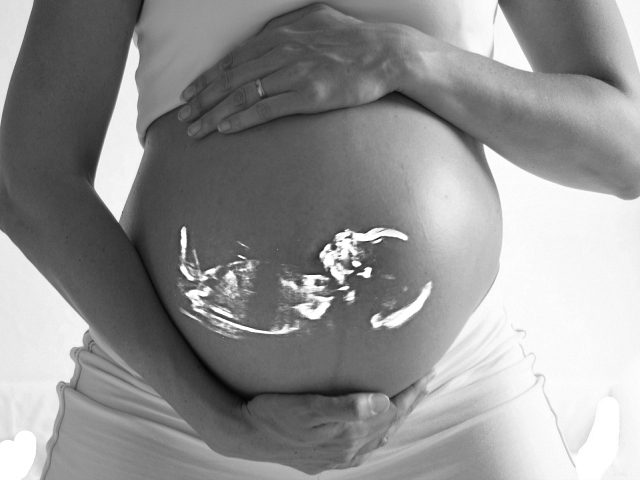Indiana’s pro-life law is set to take effect after the state Supreme Court denied a rehearing in a case brought by the American Civil Liberties Union (ACLU) of Indiana Monday.
“The denial of the rehearing means the ban will take effect once a June 30 ruling upholding the ban is certified, a procedural step expected to take just days, court spokesperson Kathryn Dolan said in an email to news media,” the Associated Press reported.
The Indiana Supreme Court ruled on June 30 that the pro-life law does not violate the state constitution; however, the ACLU of Indiana, representing Planned Parenthood and other abortionists, had filed a petition for a rehearing to block the law, which delayed the certification of the court’s ruling while it considered granting the petition.
“In a 4-1 decision Monday, the Supreme Court reaffirmed its order that Planned Parenthood and other health care providers ‘cannot show a reasonable likelihood of success’ with their challenge to the abortion restrictions,” the report states.
The ACLU of Indiana’s executive director, Jane Henegar, decried the court’s decision in a statement and said Monday was a “dark day” in the state’s history:
We have seen the horrifying impact of bans like this across the country, and the narrow exceptions included in this extreme ban will undoubtedly put Hoosiers’ lives at risk. … Every person should have the fundamental freedom to control their own body and politicians’ personal opinions should play no part in this personal decision.
Attorney General Todd Rokita celebrated the court’s decision, calling it “great news for Hoosier life and liberty”:
My office promised to defend Indiana’s pro-life law, and we have done that every step of the way. Today, the Indiana Supreme Court certified its opinion rejecting a constitutional challenge to Indiana’s pro-life law, which protects the lives of innocent, unborn babies. This is great news for Hoosier life and liberty. We defeated the pro-death advocates who try to interject their views in a state that clearly voted for life.
The pro-life law limits most abortions but allows abortions at hospitals in cases of rape or incest before ten weeks post-fertilization. The law also allows abortions up to 20 weeks of pregnancy to protect mothers’ lives or for a fatal fetal anomaly. The law will eliminate the licenses for all seven abortion clinics in the state, one of which shuttered in June.
While the state’s abortion clinics will continue to offer other services, they stopped ending the lives of unborn babies in August in anticipation of the pro-life law going into effect.

COMMENTS
Please let us know if you're having issues with commenting.